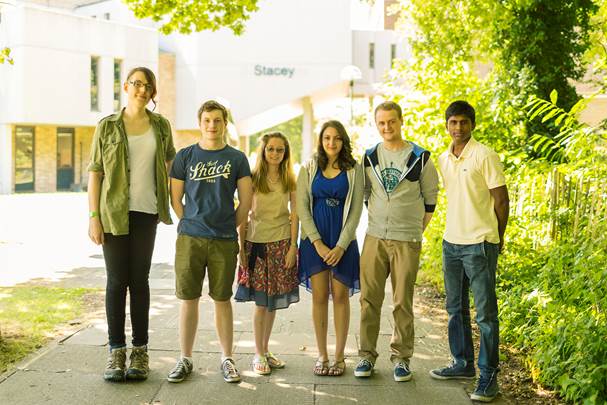Team:Kent
From 2013.igem.org
(Difference between revisions)
| Line 5: | Line 5: | ||
<center> Our environmental iGEM project first developed from an idea of detoxifying or possibly converting pollutants to useful products using ''E.coli''. Through our studies, and use of departmental resources, we resolved to pursue the conversion of nitric oxide (NOx) to ammonia. | <center> Our environmental iGEM project first developed from an idea of detoxifying or possibly converting pollutants to useful products using ''E.coli''. Through our studies, and use of departmental resources, we resolved to pursue the conversion of nitric oxide (NOx) to ammonia. | ||
| + | |||
The Biobrick that we will be synthesizing will be able to detect NOx using the norV promoter, and then convert it to ammonia by harnessing the nitrification and denitrification capabilities of the nitrite reductase enzyme nrfA. </center> | The Biobrick that we will be synthesizing will be able to detect NOx using the norV promoter, and then convert it to ammonia by harnessing the nitrification and denitrification capabilities of the nitrite reductase enzyme nrfA. </center> | ||
Revision as of 10:18, 7 August 2013

The Kent iGEM team of 2013. From left to right: Kara Stubbs, David Hanly, Laura Carman, Sarah Dowie, Michael Coghlan, Rathaven Gunaratnarajah.
| Home | Official Team Profile | Team | Project | Parts Submitted to the Registry | Modeling | Notebook | Safety | Attributions |
|---|
 "
"
